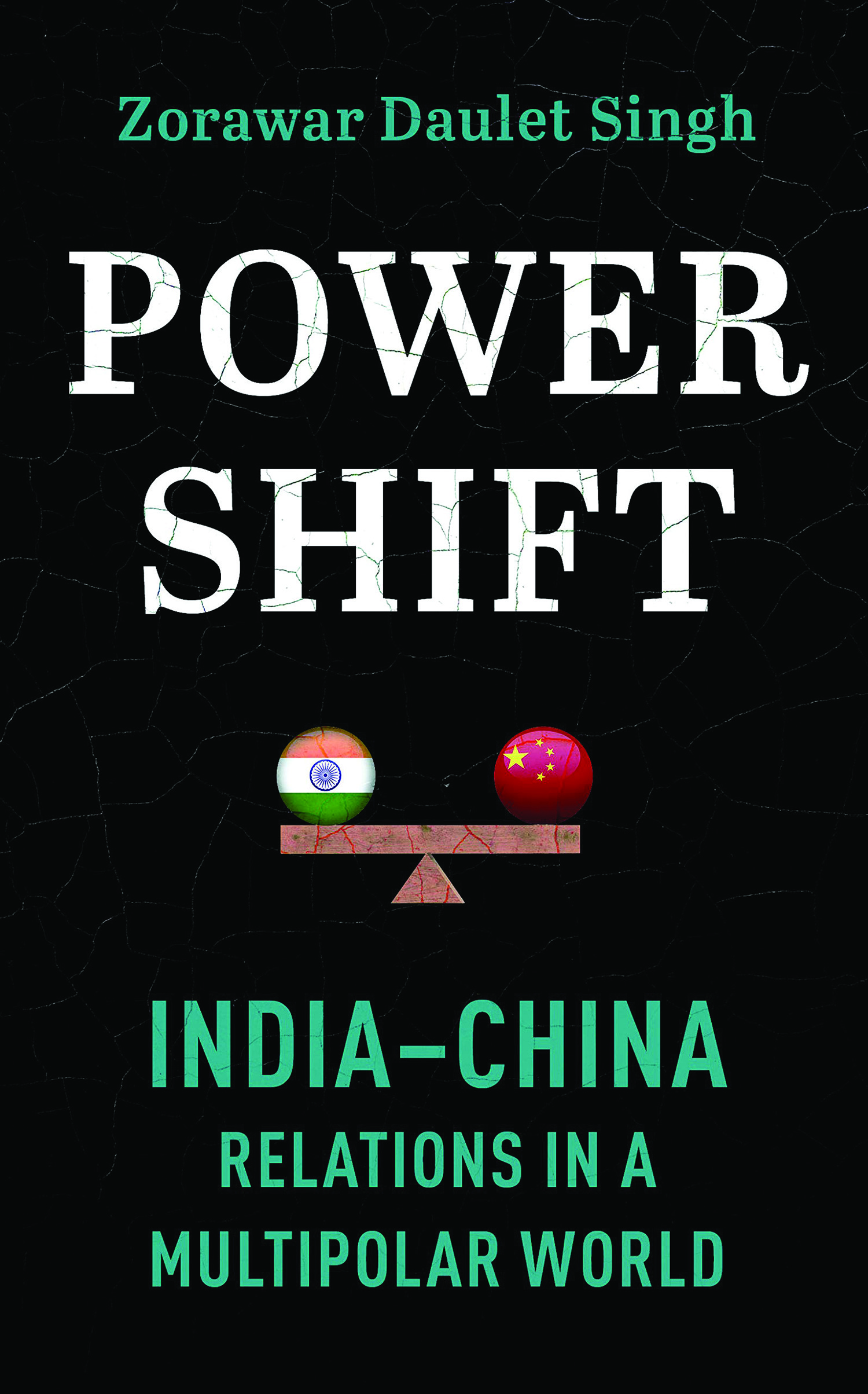Why have India and China failed to arrive at a lasting solution to their respective territorial claims? Given the recent deterioration in India-China relations, this puzzle is the issue du jour not only in the strategic and academic community but also among the mass public. Hence, Zorawar Daulet Singh’s examination of one of the most critical bilateral rivalries could not have been more timely. The author addresses this subject from a ‘policy-relevant and historical vantage point’ and tries to ‘engage with a broad gamut of foreign policy themes’. Therefore, the book overlooks the various theoretical debates between realism, liberalism or constructivism in the academic field of international relations (IR). Some IR scholars might look askance at the lack of a theoretical framework to tackle the research puzzle posed in the book. The book more than makes up for this lacuna by being lucid in style and ambitious in scope. It masterfully assesses the various aspects of the puzzle of India-China relations at the bilateral, regional, sub-regional and global levels of analysis.
Daulet Singh begins with an optimistic outlook that the neighbours are not preordained rivals, holding out hope for ‘constructive cooperation and interdependence’. However, the rest of his book does not support this optimism. Nonetheless, his sober analysis is a welcome relief from the jingoistic perspectives in Indian media on China. The book has considerable material of interest for specialists, policy practitioners and the general reading audience.

